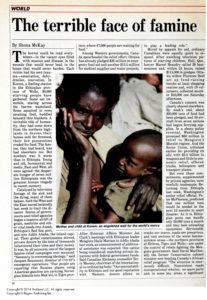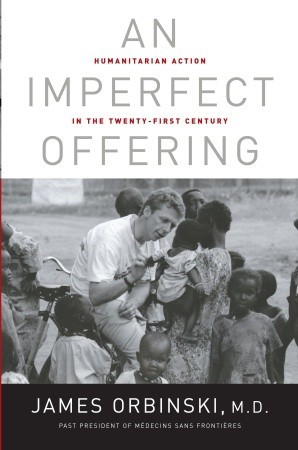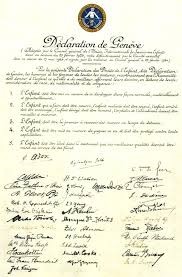by Nassisse Solomon
Ethiopia has recently resurfaced in international headlines, in light of yet another looming apocalyptic scale famine. It is being widely reported that Ethiopia is facing its worst drought in 50 years. [1] A result of three failed rainy seasons, coupled with an El Nino effect warming the Pacific Ocean and affecting global weather patterns.[2] Changes in weather patterns that have resulted in punishing heat waves and drought throughout the horn of Africa region, and in Ethiopia becoming one of the worst afflicted countries.[3] With just weeks remaining before the start of the main cropping season in the country, the United Nations Food and Agriculture Organization (FAO) is calling for urgent funding to assist farmers in sowing their fields to abate drought stricken areas from falling deeper into hunger and food insecurity.[4] With a future saddled by the “uncertainty of what nature has called down upon it”[5], Ethiopia, as CBC’s Margaret Evans among many others have characterized it, is once again “on the edge.”[6] Continue reading






